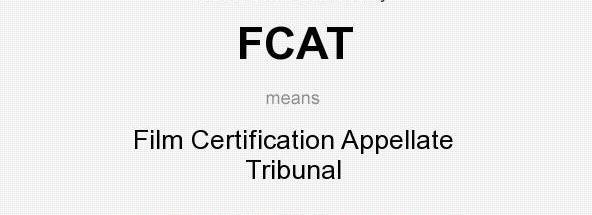The I & B ministry, in collaboration with the Film Certification Appellate Tribunal (FCAT), held a two-day seminar in Bombay on film certification and regulation of online content. More than 100 people from the media and entertainment sector participated in the seminar held at Films Division.
Bombay high court judge Gautam Patel said that the issue of online content is a real challenge. He called for a closer interaction of all shareholders including the online content service providers. I & B ministry secretary Amit Khare said, “The ministry is encouraging the widest possible consultations among all shareholders, on regulation of online content.
FCAT chairman and retired Chief Justice Manmohan Sarin opined that bringing about self-regulation was a task which industry players had to sort out for themselves. He added that the certifying authorities should focus on certification guidelines, without getting carried away by their personal biases and views.
It may be mentioned here that the government is considering putting together a broad policy framework to regulate over-the-top (OTT) media platforms and online content on the lines of existing regulation mechanisms for print and electronic media. The framework will most likely be finalised after two more meetings with stakeholders are held in Madras and Delhi.
The plan to regulate content on platforms like Netflix, Hotstar and Amazon Prime, among others, includes notifying specific no-go areas — a negative list — for OTT and online platforms on matters concerning India’s security, representation of borders, content that disrespects the national emblem or national flag and religions sentiments, sexual content involving children, content promoting terrorism or material which is banned for exhibition or distribution by online video services.
In January this year, Netflix was among eight OTT platforms which voluntarily signed a self-regulatory code, backed by Internet and Mobile Association of India. Several other OTT platforms were unwilling for a self-regulatory mechanism as they felt, it would eventually lead to censorship.
Sources clarified that parity, rather than censorship, was the intention behind the move to regulate online content.




























